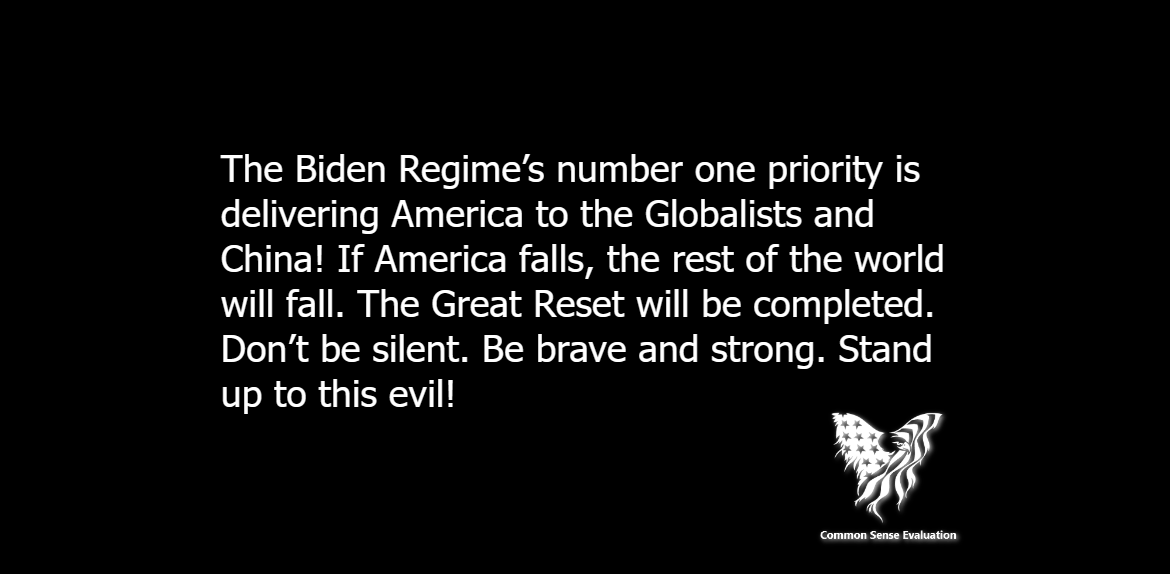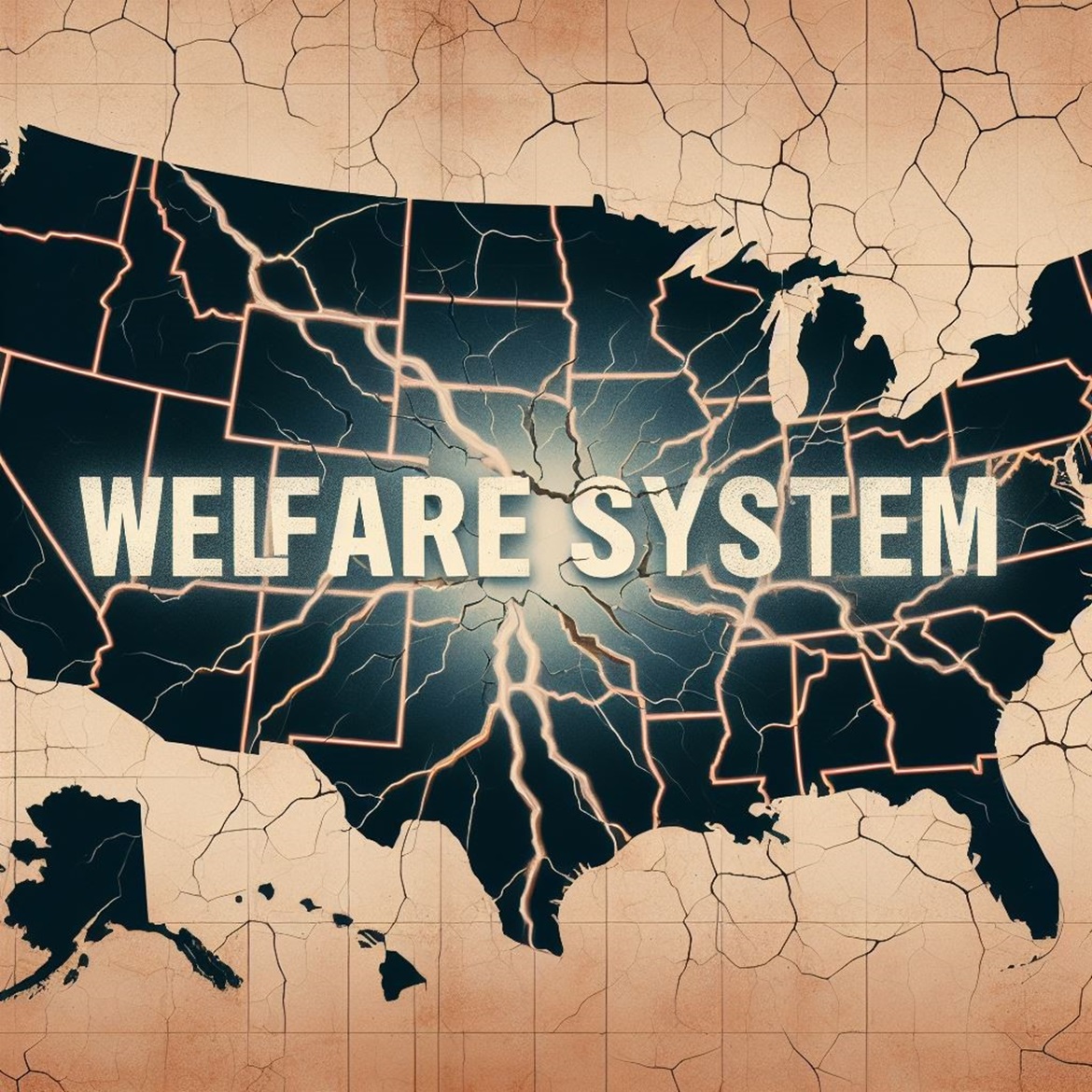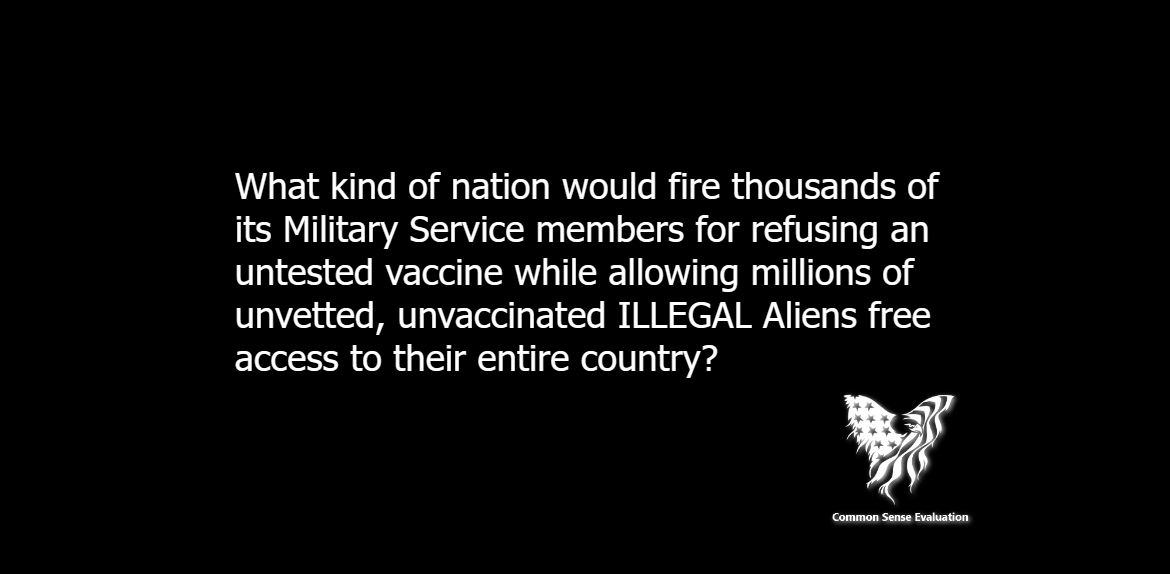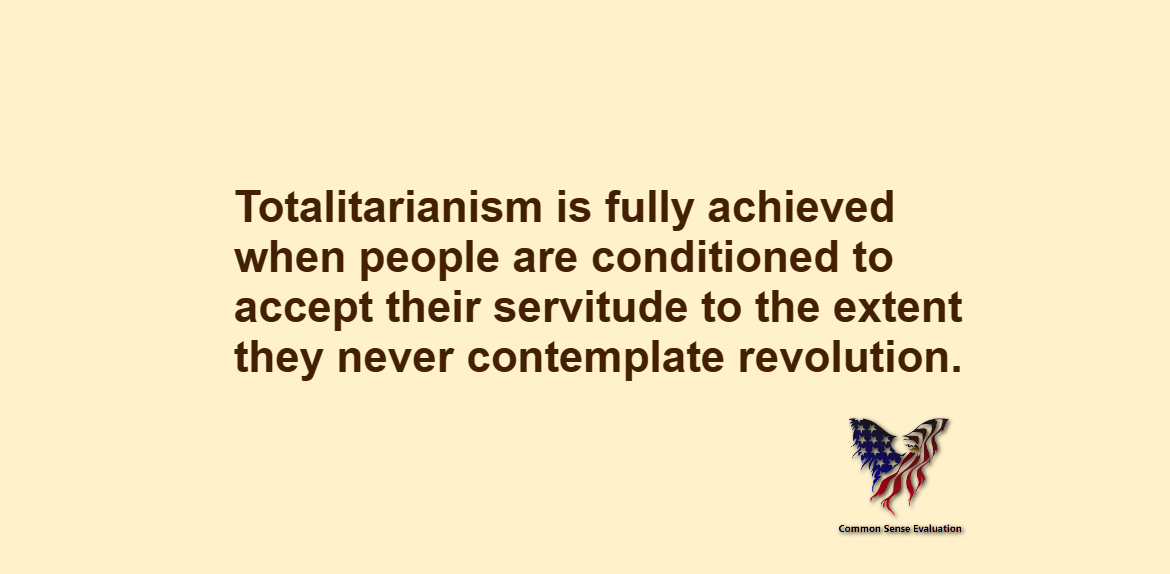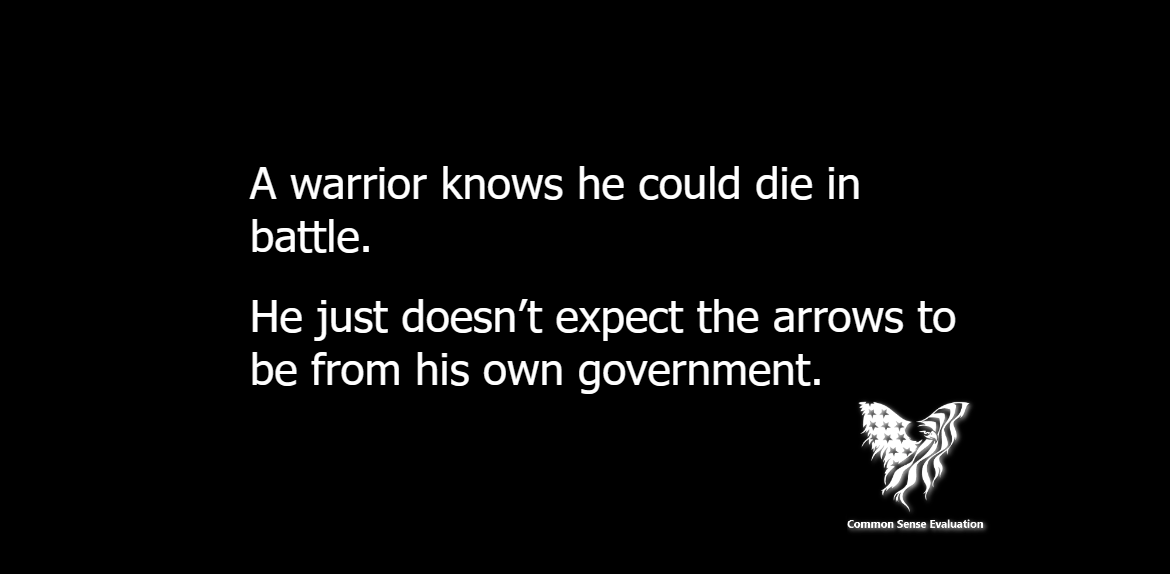The Biden Regime’s number one priority is delivering America to the Globalists and China! If America falls, the rest of the world will fall. The Great Reset will be completed. Don’t be silent. Be brave and strong. Stand up to this evil!
Tag: Great Reset
A Strategy of Disruption: The Dark Consequences of Cloward-Piven
Have you ever wondered why some systems or organizations seem to fail under pressure? Sometimes, this is not by accident but by design. One such design is known as the Cloward-Piven Strategy. In the 1960s, two sociology professors, Richard Cloward and Frances Fox Piven, came up with a plan that they believed would lead to a major change in the way society works. The plan aimed directly at creating a situation where the government would have to step in and provide a solution to the chaos created. Their target was the American welfare system, with the hope of bringing about a more Marxist society.
The Goals of Cloward-Piven
The Cloward-Piven Strategy had a simple, yet profound goal: to overwhelm the welfare system to the point of breaking. Cloward and Piven argued that if enough people were to demand their benefits all at once, it would create a crisis. This crisis would force the government to adopt changes, leading to a system where wealth and resources were distributed more equally among the population. In their view, this crisis would push the United States towards a system that was more in line with Marxist principles, where the government plays a major role in ensuring everyone’s needs are met.
The Strategy’s Dark Side
While the intention behind the Cloward-Piven Strategy might seem noble to some—aiming for a society where wealth is distributed more equally—the methods proposed to achieve this goal have a very dark side. By intentionally overloading the welfare system, the strategy seeks to push society into a state of crisis. This would lead to widespread suffering, as an overwhelmed system struggles to provide for those genuinely in need.
Moreover, this strategy manipulates vulnerable populations as pawns in a larger game of political change. Encouraging mass enrollment in welfare programs without considering the immediate negative impacts on individuals, communities, and the system as a whole reflects a disregard for the well-being of society’s most vulnerable.
Illegal Immigration as a Strategy
One of the most contentious aspects of the Cloward-Piven Strategy is the idea of using illegal immigration as a tool to overwhelm the system. The idea here is that by increasing the number of people who are in the country illegally and encouraging them to apply for welfare, the system would face even more pressure. This not only includes welfare but also public services like healthcare and education.
This approach not only puts an immense strain on public resources, but also on the communities that host these populations. It creates competition for limited resources and services, often sparking social unrest and dividing communities. Moreover, it puts the illegal immigrants themselves in a precarious position, as they are encouraged to exploit a system that is not designed to support them, making them vulnerable to backlash and exploitation.
The Real Victims of the Strategy
The most tragic part of the Cloward-Piven Strategy is that the real victims are typically the people it claims to help. By overwhelming the welfare system, those who rely on it the most – the poor, the sick, and the elderly – are the ones who suffer. When public services are stretched too thin, it’s these vulnerable groups that feel the impact the most profoundly.
In a scenario where this strategy is enacted, the intended outcome of a more equal society is overshadowed by the immediate harm caused to the very people it purports to assist. This strategy, in its essence, risks the well-being and stability of society for the sake of an ideological goal.
The Consequences of Overloading the System
The effects of overloading the system are not limited to just the immediate strain on welfare and public services. In the long run, such a strategy can lead to a breakdown of trust in public institutions. When citizens see that the system cannot support them, they may lose faith in the government’s ability to provide basic services, leading to social unrest and a deeply divided society.
Furthermore, the financial burden of trying to support an overloaded system will lead to higher taxes and cuts in other essential services, such as policing, firefighting, and public education. This not only affects the quality of life for all citizens but also hampers the country’s ability to invest in future growth and stability.
Moving Beyond the Cloward-Piven Strategy
The idea of using crisis and overload as a means to bring about social change is a dangerous game. It’s important to recognize that this path would sacrifice the well-being of the most vulnerable among us. There are more constructive ways to advocate for change that do not involve causing harm or exploiting those in need.
Efforts to reform systems and address inequalities should focus on building self-reliance and fostering community involvement. Changes should be made through open dialogue, democratic processes, and a concern for the well-being of all citizens, rather than through strategies that seek to manipulate and overwhelm.
Conclusion
In the shadow of ambition cast by the Cloward-Piven Strategy, there lies a chilling reminder of the lengths to which ideology can push the pursuit of societal overhaul. This strategy, with its roots deeply planted in the manipulation and exploitation of the vulnerable, unfurls a dark narrative about the potential consequences of radical social engineering. The quest for an equitable society, when pursued with tools designed to break rather than build, threatens to unravel the very social fabric it aims to mend.
By intentionally thrusting systems into crisis, the strategy doesn’t just strain resources—it cultivates a breeding ground for widespread disenchantment and social fracture. Vulnerable populations, those the strategy ostensibly seeks to elevate, are trampled beneath the march toward an ideologically charged horizon. Communities are not uplifted; they are torn asunder, their trust in public institutions eroded, leaving behind a landscape marked by division and unrest.
This grim picture serves as a stark warning against the allure of transformative change sought through chaos and disruption. It is a call to recognize the venom that such stratagems inject into the heart of society, paralyzing its ability to function and care for its most vulnerable. The true path to social equity and justice lies not in the dismantlement of systems through overwhelming force but through the painstaking work of collaborative reform and the nurturing of community bonds. Only by turning away from the precipice of strategies that seek to divide and destabilize, can we hope to forge a future where positive change is achieved. Not at the expense of the fragile, but with a collective commitment to uplift and unite.
